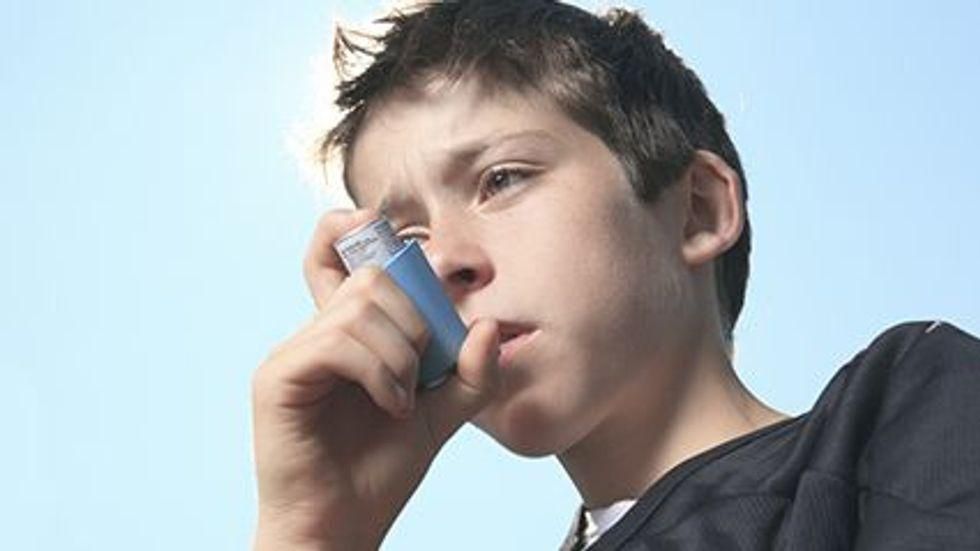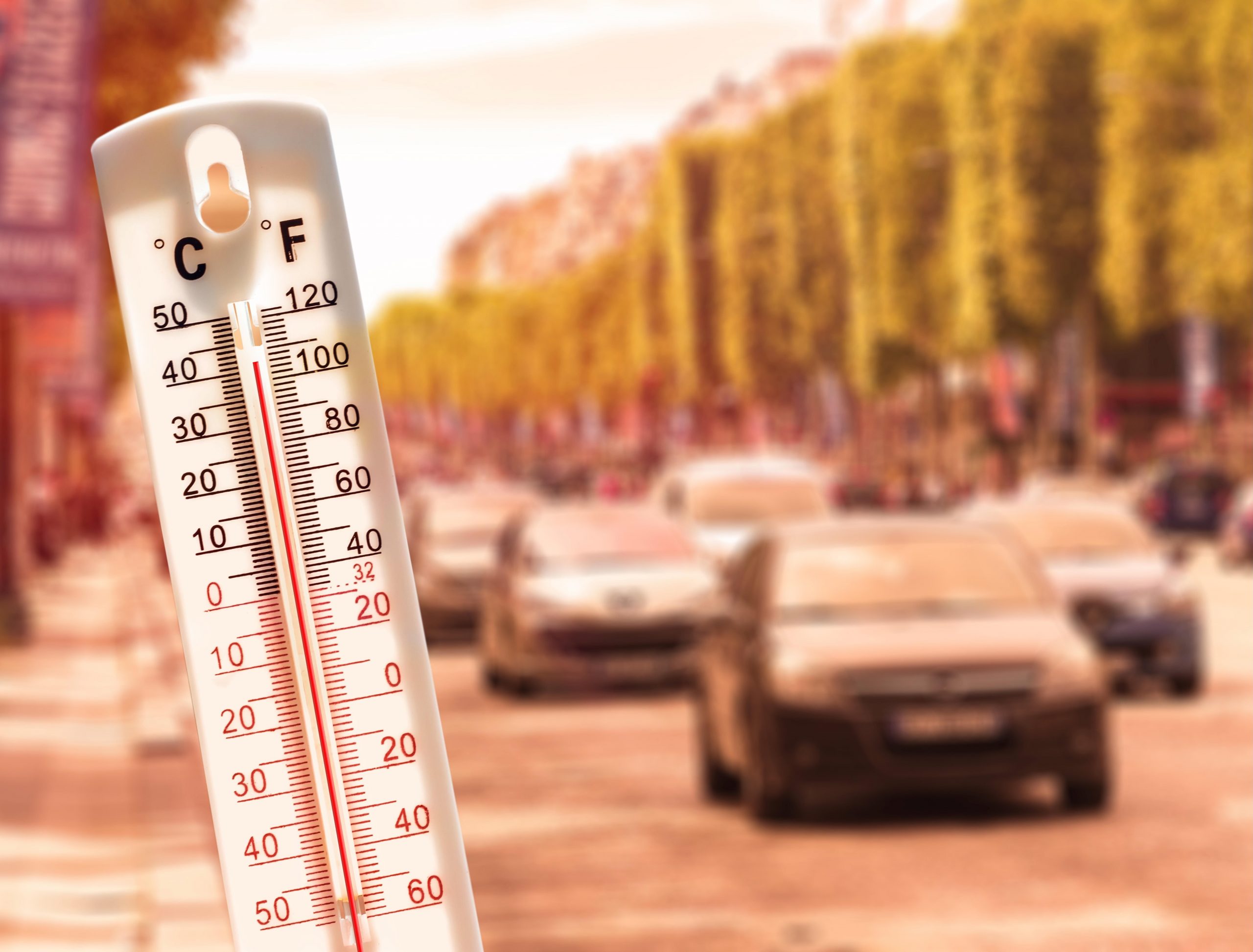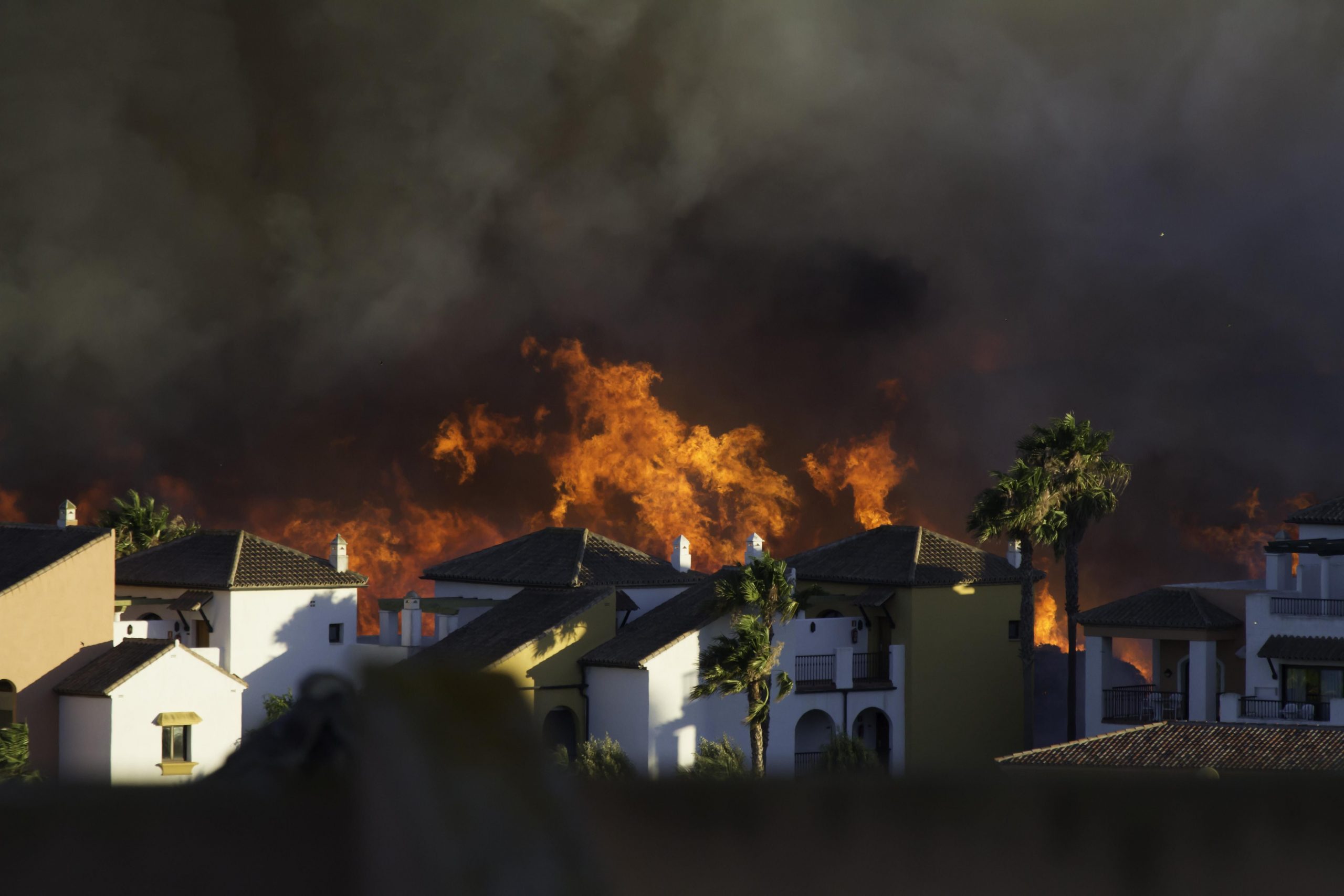
WEDNESDAY, Dec. 21, 2022 (HealthDay News) – Cold, dry winter air and a trio of spreading viruses could cause children’s asthma to flare up this winter season. But experts at one children’s hospital offer some tips to help parents keep their kids’ worrisome respiratory symptoms in check. While asthma is a lung condition that can… read on > read on >






























